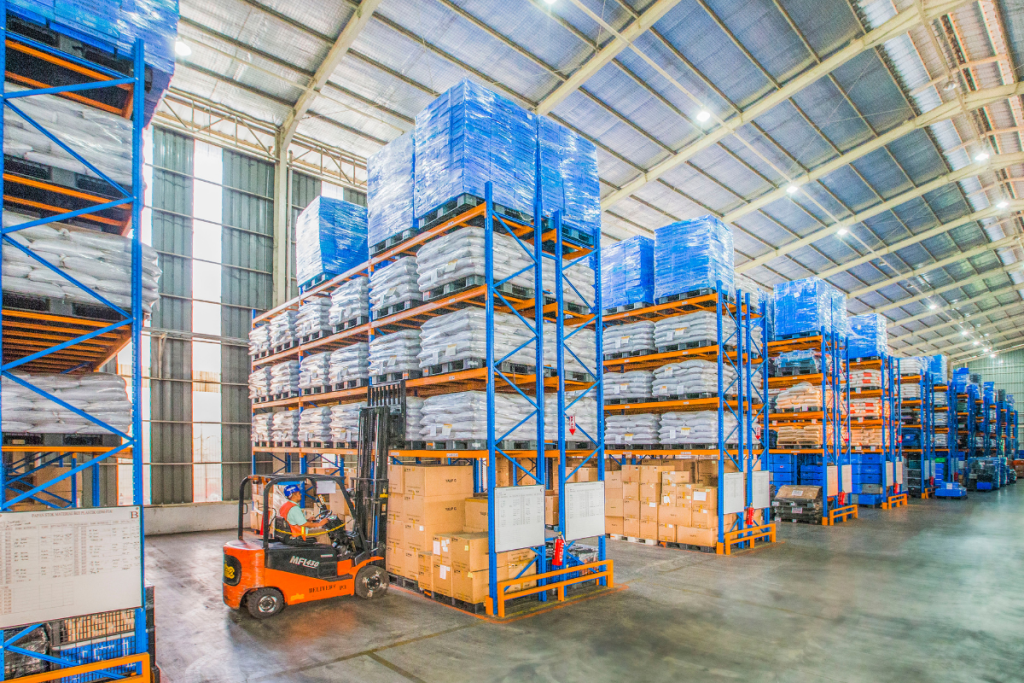New findings from Aprio’s 2025 U.S. National Manufacturing & Distribution Study suggest that many companies continue to underinvest in core areas such as supplier performance, cybersecurity, and workforce agility. The data points to missed opportunities that, if left unaddressed, may compound the risks already affecting procurement, logistics, and operational continuity.
Supplier Oversight Lags Under Trade Pressure
While nearly one in four manufacturers source over half of their components from abroad, many still lack rigorous supplier evaluation frameworks. Aprio’s data shows that only 48% of firms actively assess supplier quality and reliability, while cost and productivity metrics are monitored by fewer than half. Criteria such as risk exposure, sustainability practices, or delivery performance are even less commonly tracked.
This lack of visibility into supplier performance becomes particularly concerning given the scale of tariff exposure: one-third of surveyed companies report spending $1 million or more annually on duties and customs fees. With shifting U.S. trade policy and looming trade wars potentially reshaping global sourcing strategies, overlooking supplier assessment could leave organizations unprepared to pivot quickly.
Even routine supply chain issues persist. A significant share of respondents still face delays and product quality issues, yet without robust supplier scorecards or predictive analytics, most are reacting rather than proactively managing risks. For supply chain leaders, tightening evaluation standards and embedding risk indicators into procurement workflows are no longer optional, they’re structural imperatives.
Workforce and Cyber Gaps Raise Risk
The Aprio study highlights a parallel vulnerability – many manufacturers continue to experience high labor turnover, especially among frontline workers (42% report annual churn above 10%). Despite this, only 67% of companies say that even half of their frontline teams are cross-trained, an indicator that operational flexibility is underdeveloped in much of the sector.
Meanwhile, cybersecurity readiness remains worryingly inconsistent. Almost half of respondents experienced at least one IT breach in the past year, and 17% reported five or more breaches. Yet foundational protections such as staff training and policy development have only reached half of organizations. This exposes not only internal systems but also extended digital supply networks to increasingly sophisticated threats.
Compounding the issue, many companies fail to engage frontline teams as problem-solvers. Two-thirds of firms report that only half or fewer of their frontline staff are empowered to address issues independently. In fast-moving production and logistics environments, that lack of autonomy can lead to slower resolution times and mounting inefficiencies.
Governance Gaps Undermine Efficiency
The Aprio study makes clear that many of the efficiency gaps observed across manufacturing and distribution are less about a lack of awareness and more about operational governance. Supplier oversight, workforce development, and cybersecurity aren’t emerging issues—they are long-standing challenges that have yet to be systematically addressed at scale.
Rather than viewing these areas as separate line items, supply chain leaders should consider them through the lens of enterprise continuity. Elevating supplier performance management, embedding frontline problem-solving, and strengthening digital infrastructure are all essential to withstanding future trade disruptions and labor market fluctuations.




